Netanyahu disbands war cabinet as pressure grows on Israel’s northern border
3 min readThe move was announced as U.S. special envoy Amos Hochstein visited Jerusalem, seeking to calm the situation on the disputed border with Lebanon, where Israel said tensions with the Iran-backed Hezbollah militia were bringing the region close to a wider conflict.
The Israeli military said on Monday it had killed a senior operative in one of Hezbollah’s rocket and missile sections in the area of Selaa in southern Lebanon.
The military also said its operations were continuing in the southern parts of the Gaza Strip, where its forces have been battling Hamas fighters in the Tel Sultan area of western Rafah, as well as in central areas of the enclave.
Hochstein’s visit follows weeks of increasing exchanges of fire across the line between Israel and Lebanon, where Israeli forces have for months been engaged in a simmering conflict with Hezbollah that has continued alongside the war in Gaza.
Tens of thousands of people have been evacuated from their homes on both sides of the so-called Blue Line that divides the two countries, leaving eerily deserted areas of abandoned villages and farms hit by near-daily bombardment.
“The current state of affairs is not a sustainable reality,” government spokesperson David Mencer told a briefing.
Netanyahu had faced demands from the nationalist-religious partners in his coalition, Finance Minister Bezalel Smotrich and National Security Minister Itamar Ben-Gvir, to be included in the war cabinet. Such a move would have intensified strains with international partners including the United States.
Read more
The forum was formed after Gantz joined Netanyahu in a national unity government at the start of the Gaza war in October. It also included Gantz’s political partner Gadi Eisenkot and Aryeh Deri, head of the religious party Shas, as observers.
Gantz and Eisenkot both left the government last week, over what they said was Netanyahu’s failure to form a strategy for the Gaza war.
An agreement to halt the fighting in Gaza still appears distant, more than eight months since the Oct. 7 attack on Israel led by Hamas fighters that triggered Israel’s military offensive in the Palestinian enclave.
The Oct. 7 attack killed some 1,200 people and about 250 were taken hostage, according to Israeli tallies. Israel’s offensive has killed more than 37,000 Palestinians, according to Palestinian health ministry figures, and destroyed much of Gaza.
Although opinion polls suggest most Israelis support the government’s aim of destroying Hamas, there have been widespread protests attacking the government for not doing more to bring home around 120 hostages still being held in Gaza and against Netanyahu’s handling of the war.
Protesters calling for new elections clashed with police in Jerusalem on Monday. By sundown, a crowd of thousands had gathered outside the Knesset, Israel’s parliament, before marching to Netanyahu’s private home.
Some protesters tried to break through barriers set up by the police, who pushed them back. At one point a bonfire was lit in the street, and police used a water cannon to disperse the demonstration.
The northern border was relatively quiet on Monday, the second day of the Muslim Eid celebration, compared with previous days, when rocket fire set off widespread brush fires in heatwave conditions.
A survey for the Jewish People Policy Institute, a Jerusalem-based think tank, found 36% of respondents favouring an immediate strike against Hezbollah, up from 26% a month earlier.
Israeli aircraft and artillery have pounded southern Lebanon and last week killed a senior Hezbollah commander in a strike against a command and control centre that drew a further intensification of attacks.
In addition to attacks by missiles and anti-tank rockets, there has been a marked increase in drone attacks that have underlined the strength of the arsenal Hezbollah has built up since the last major conflict between the two sides in 2006.
For the latest news, follow us on Twitter @Aaj_Urdu. We are also on Facebook, Instagram and YouTube.





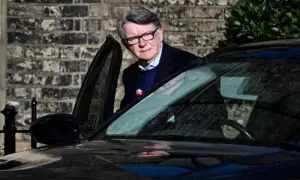





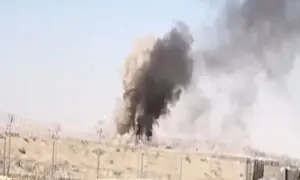


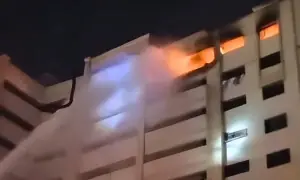

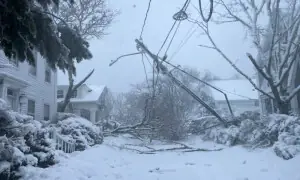
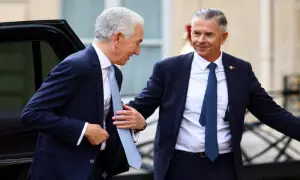
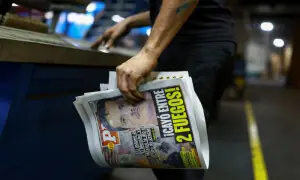

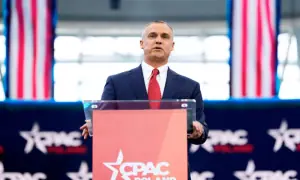

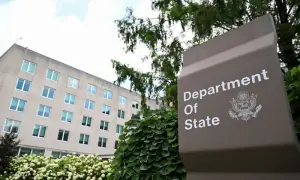
Comments are closed on this story.